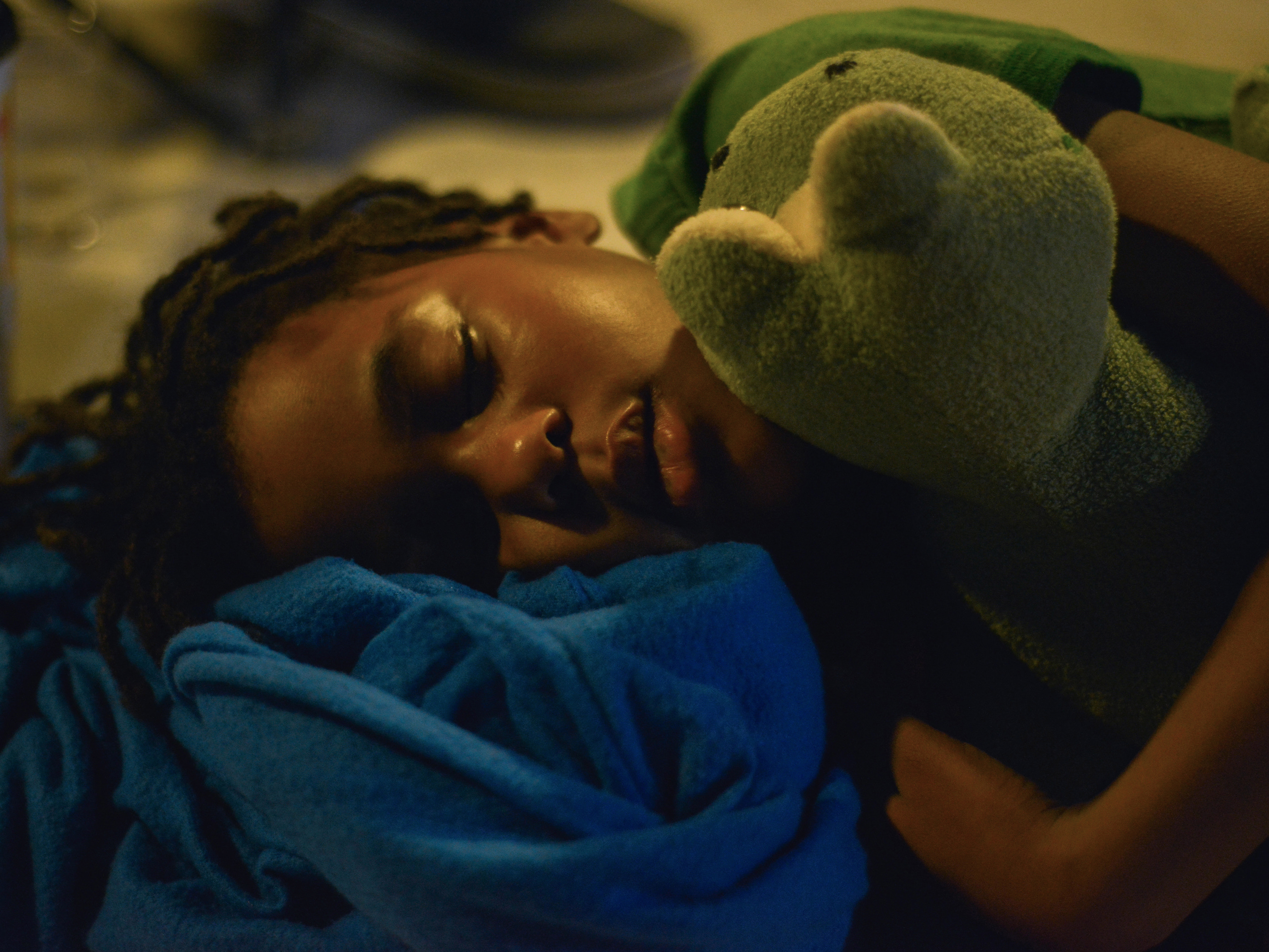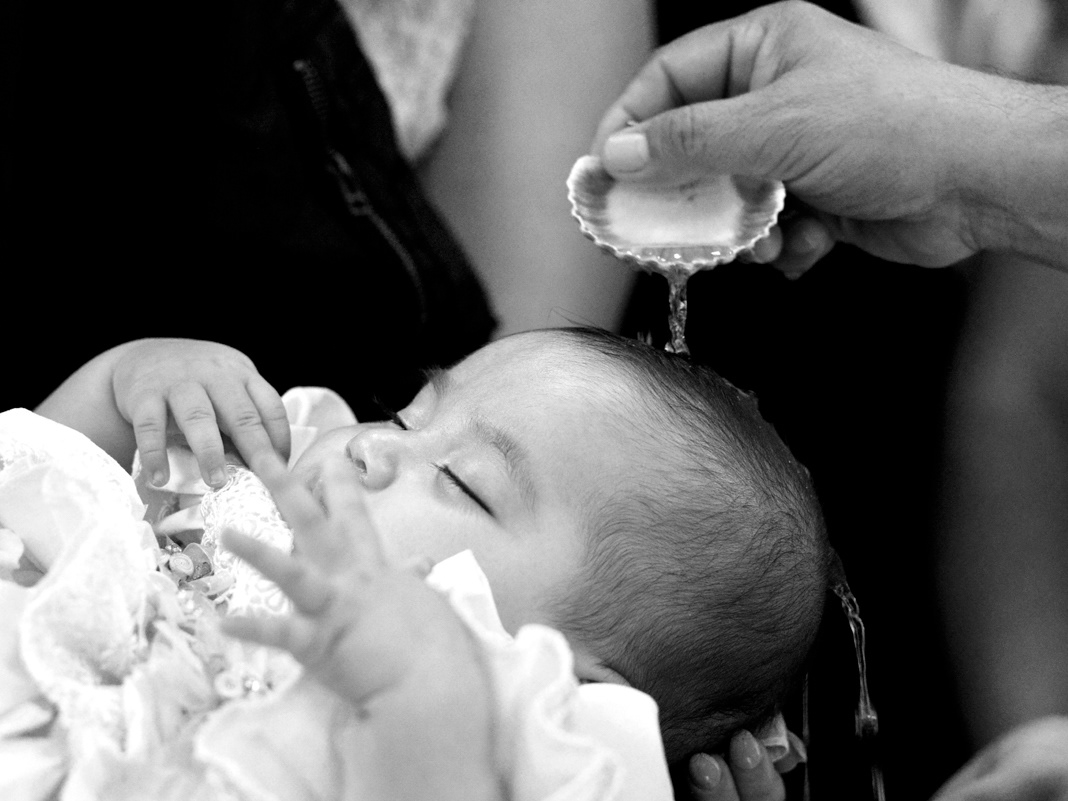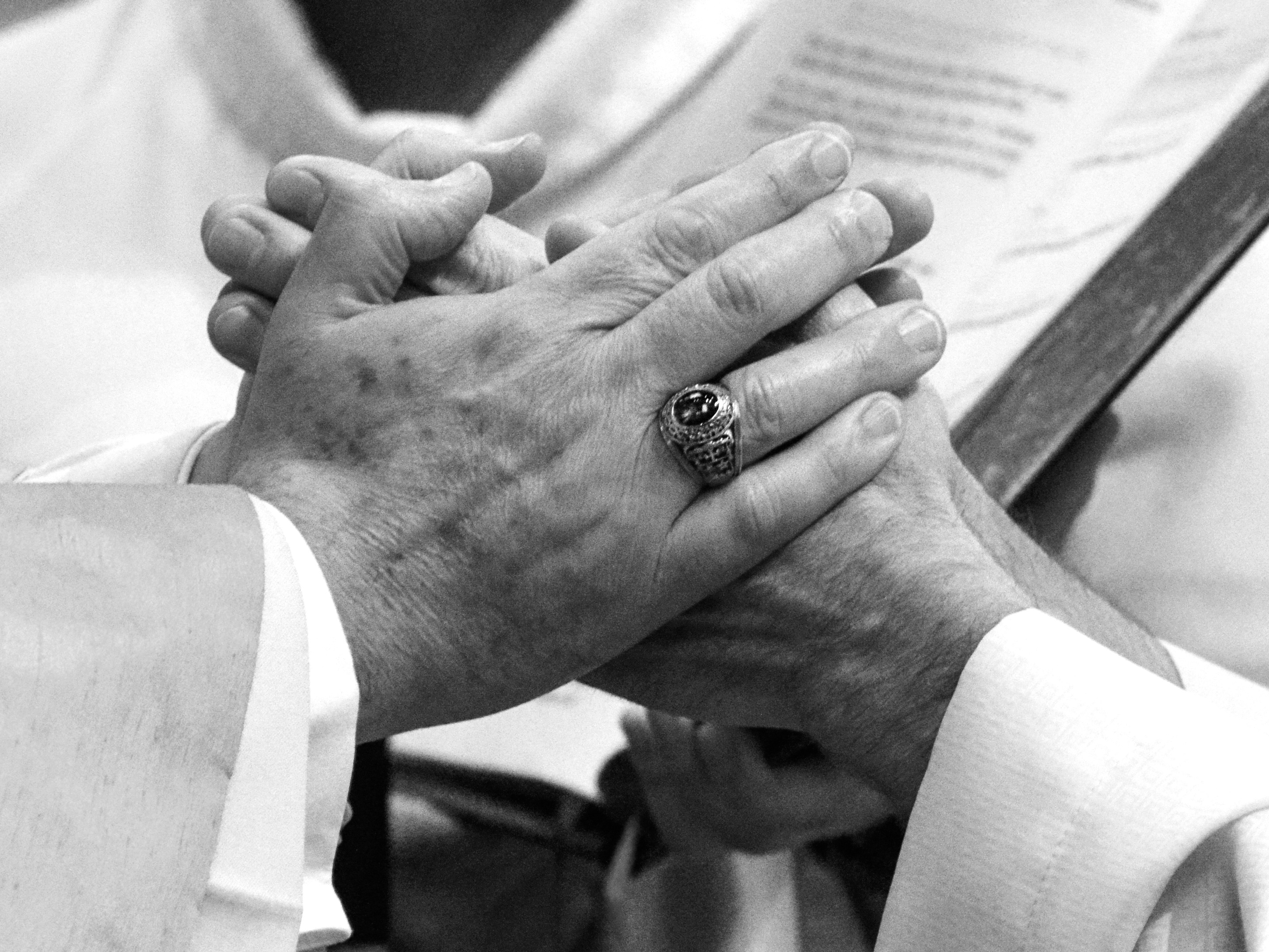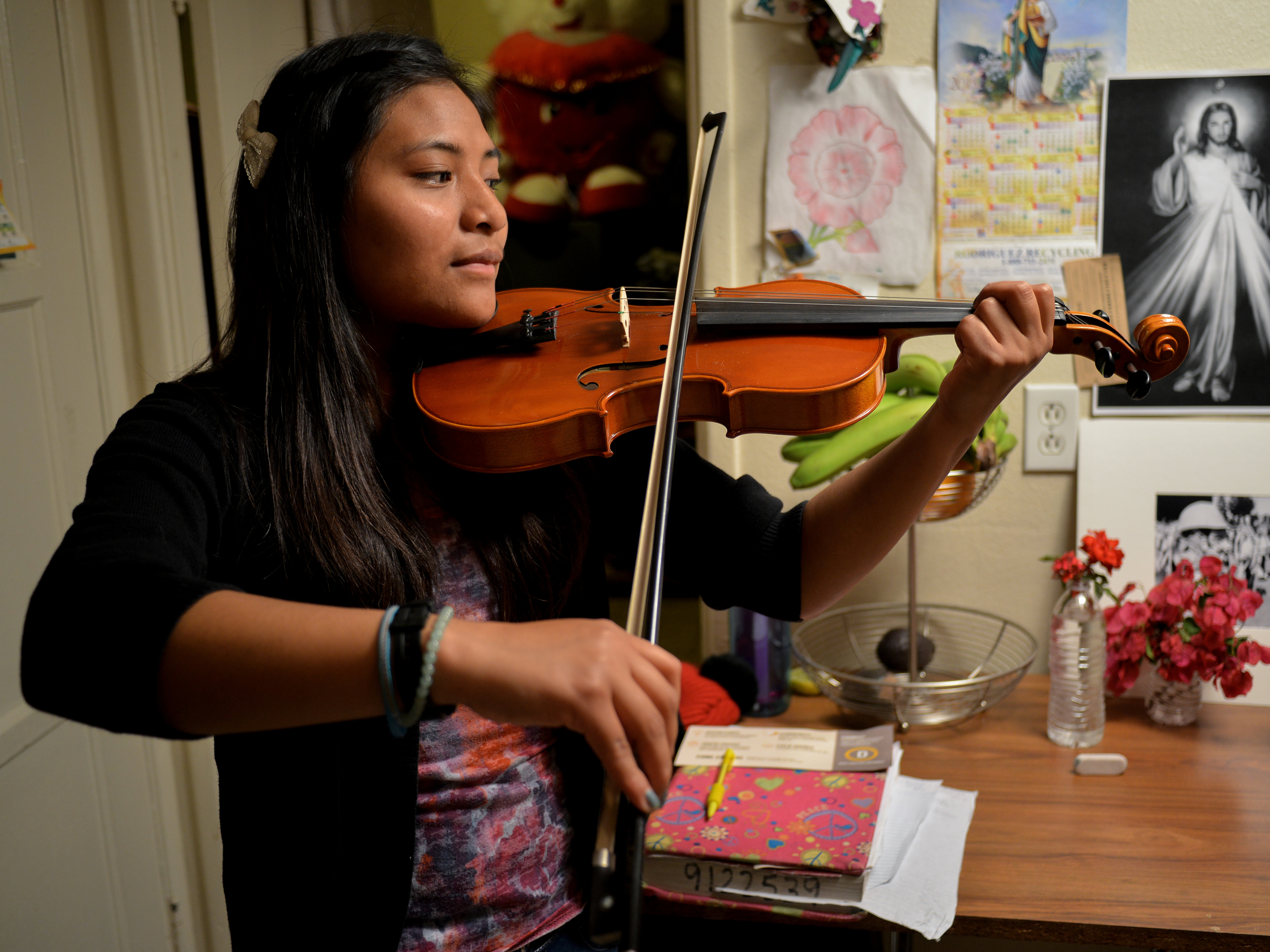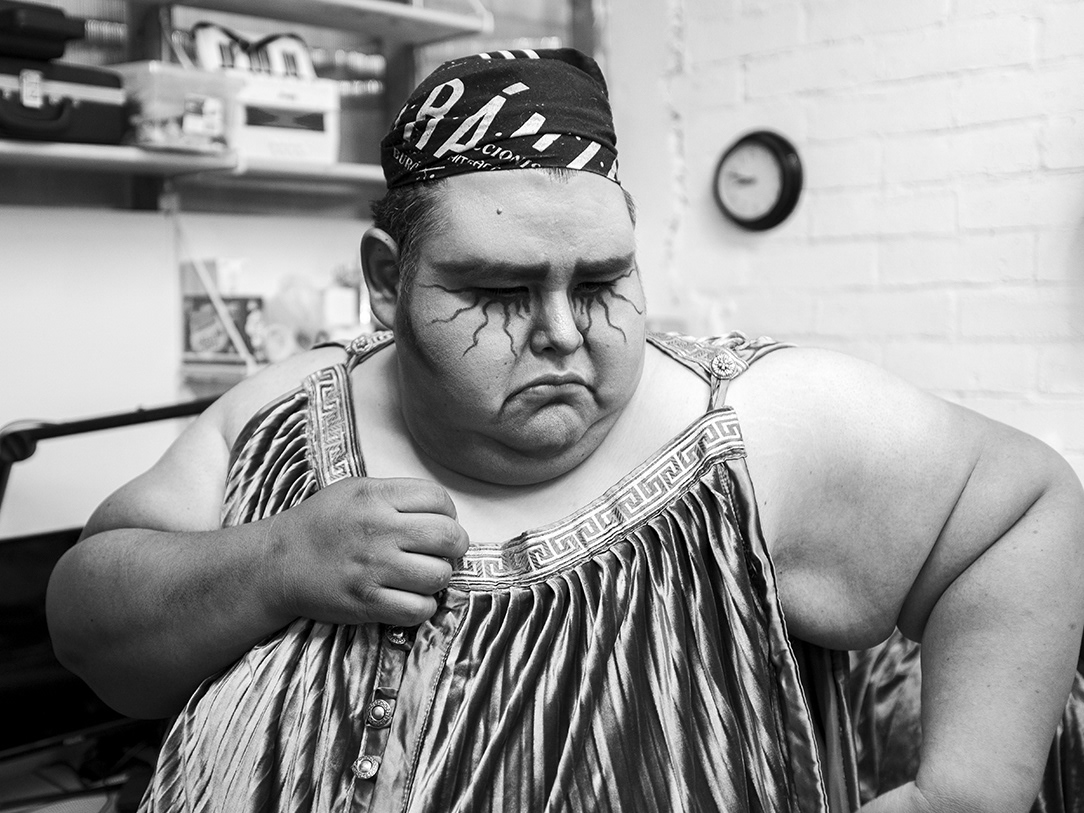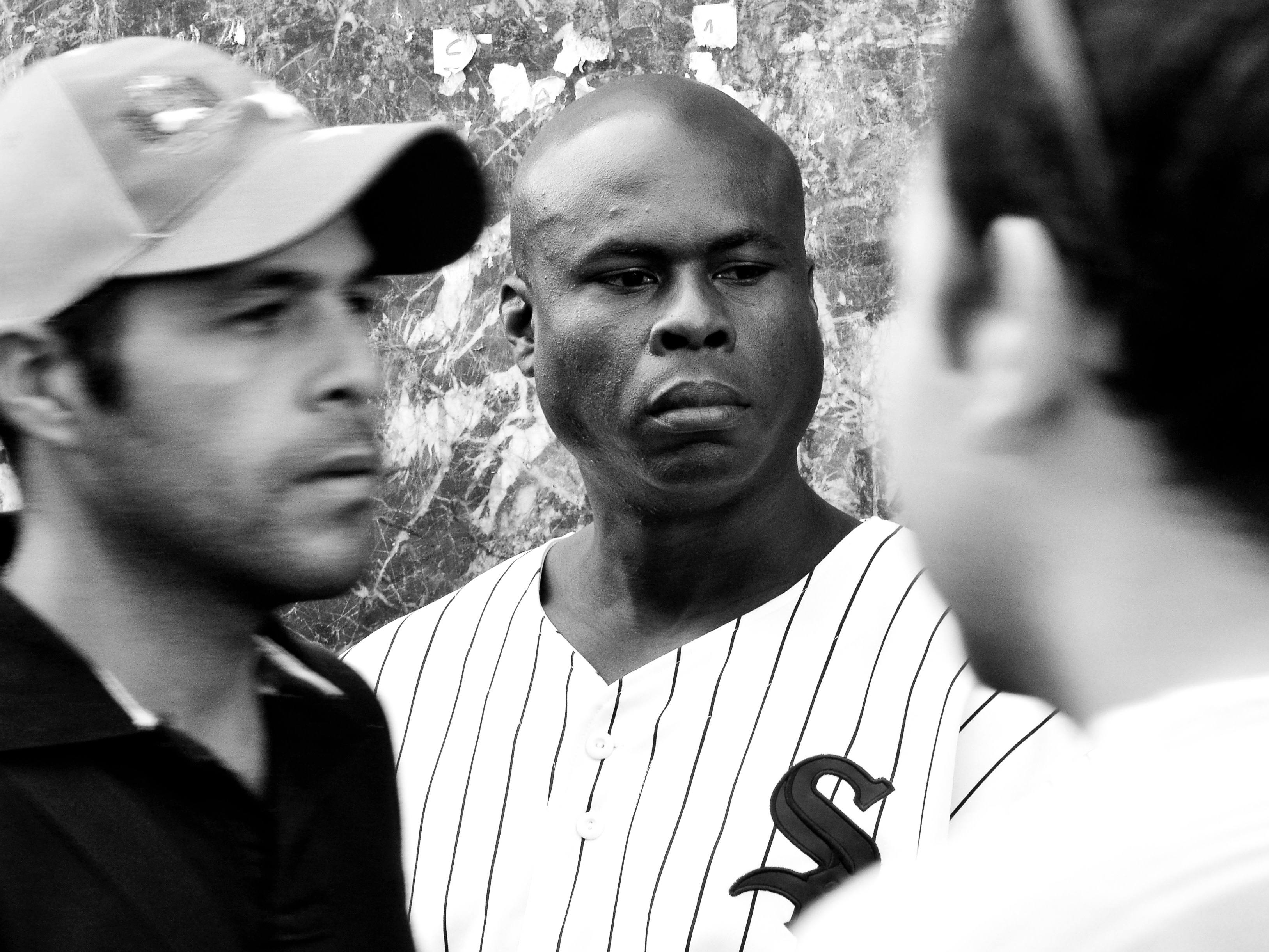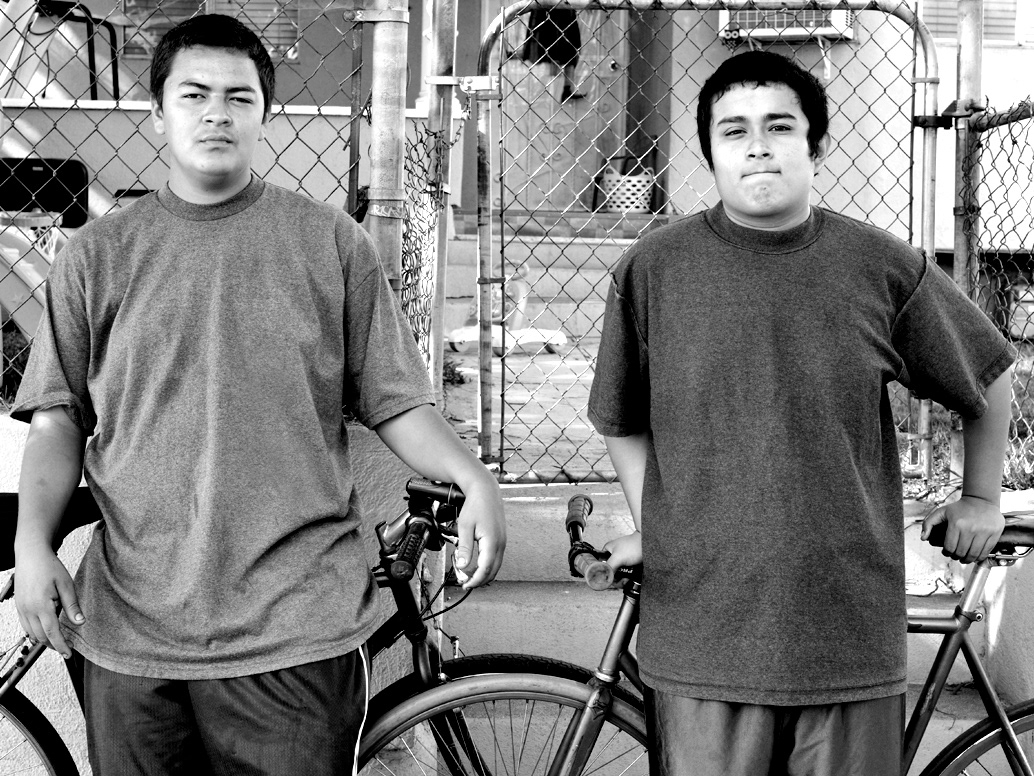A historical drought is defying the inhabitants of East Porterville, California. For more than four years, this area located on the West coast of t he United States, has been c oping with a tremendous drought. Now, many families, largely impoverished Latino farm workers with no central water system, are running out of water. They rely on shallow private ground wells that are going dry due to the lack of rainfall. The water reserves in those private wells that feed water into their homes are completely dry.
Much has changed in this small farming community in the Sierra Foothills of California since the start of the drought. The children used to be out riding their bikes, playing basketball, and playing kickball before. That has not happened for months now. The lack of water changed the way of life for the residents. No longer can they bathe normally since there is no tap water and the little water left is rationed. Water for cooking must be brought in buckets. They are facing unemployment and medical issues caused by stress and depression. It is very eerie - that ghostly kind of feeling that is not a happy feeling. Mari Cruz Mejia and her young daughters are feeling the effects of the California drought since their home is not connected to the public water system belonging to the incorporated area of town. Once, they had ample water to sustain the family’s needs, but now hey rely on deliveries of bottled water. Mejia’s well went dry in 2014, first discharging a combination of water and sand every now and then until it finally gave up. Life without running water sheds light on just how many things require it. For Mari Cruz it just feels like a lot is out of her grasp.
“I am adapting, but my girls are not. At first, when I would haul in a bucket of water and I would heat it for them to take a shower I would say, “A bucket for each of you guys.” My little one would say, “Oh my God why are we doing this? Just turn on the faucet and the water will come out.” And I would have to explain, “No, no water will come out, we have no water.” So it is hard for them and I try to make it easier by having everything ready so they don’t see how much effort it takes, but it is still heartbreaking. For me it is very hard. I am hauling the water and warming it up daily.I drive and I cry because I can’t believe we are doing this. I can’t believe that in 2015 we are asking for help. You would call the city because you are in the city of Porterville and they would say, No you are not part of the city, you are part of the county. We practically begged for water. You go to the city council and they would say they were working on it and a year later they are working on it. Then the county has come now for emergency services. They are going door to door. Why do they need to go door to door? They see the tanks everywhere. Why do they need to go door to door, for what? You see the need, just fix it. What else do they need to know?”
The crisis grows as more and more families are running out of water. More people have to improvise solutions of their own. Some seek assistance from those who still have ground water. They hook a neighbor’s garden hose to their house. Others haul water home in giant barrels or gray plastic garbage cans. Farmworkers and other poor inhabitants are feeling the effects most severely.
City officials placed water containers in approximately 1,200 homes, but that is only half of the family units that do not have water. There are rising worries the drought could wipe this entire town off the map.Across California, there are many areas like East Porterville a poor, dense and unincorporated community on county territory with lack of basic public services. There is no provision of septic systems, clean drinking water, sidewalks, streetlights or rainstorm drains. This is a community that has been the victim of years of government neglect. Language barriers, legal status and a lack of political know-how make it difficult for residents to navigate the governmental process in order to gain access to the fundamental public utilities.
“You’re looking at very small communities that are impoverished, and in many cases, (residents are) undocumented, and that puts them at a severe disadvantage. There are very few people who want to take on these communities as a priority for a variety of reasons.” Assemblyman Henry T. Perea.

